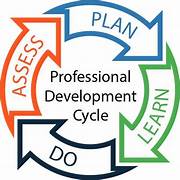Is teaching TEFL a respected profession?

Teaching TEFL (Teaching English as a Foreign Language) is generally considered a respected profession in many parts of the world.
The perception and level of respect for the TEFL profession can vary depending on the cultural context and the value placed on English language education in a particular region.
Here are some factors that contribute to the level of respect for TEFL teaching:
Global Demand for English: English has become the global lingua franca and is highly valued for international communication, business, education, and travel. As a result, the demand for qualified TEFL teachers has increased, leading to a greater recognition of the profession.

Professional Training and Qualifications: Obtaining a recognized TEFL/TESOL certification, such as CELTA or Trinity CertTESOL, demonstrates a level of professional training and expertise in teaching English as a foreign language. This certification enhances the credibility and respect of TEFL teachers.
Contribution to Education: TEFL teachers play a vital role in promoting language learning, cross-cultural understanding, and communication skills. They contribute to the educational development of individuals and communities, which is highly valued in many societies.
Impact on Students’ Lives: Effective TEFL teachers have a positive impact on their student’s language proficiency, confidence, and overall academic and professional prospects. This influence and transformative power contribute to the respect garnered by TEFL teachers.

Cultural Exchange and Understanding: TEFL teachers often work with students from diverse cultural backgrounds. By fostering intercultural communication and promoting understanding between different cultures, they contribute to global harmony and respect for diversity.

Professional Development and Expertise: Continuous professional development, staying updated with teaching methodologies, and improving language skills contribute to the professional expertise and respect for TEFL teachers. Teachers who invest in their own growth and expertise are often highly regarded in their profession.

Influence on Language Policy and Curriculum: In some regions, TEFL teachers have the opportunity to contribute to language policy and curriculum development. Their expertise and experience can shape educational approaches and strategies in the field of English language teaching, leading to greater respect for the profession.
Positive Reputation of Institutions and Organizations: TEFL teachers working for reputable language schools, international schools, or educational organizations that prioritize quality education and professionalism often benefit from the positive reputation associated with those institutions.

While teaching TEFL is generally respected, it’s important to note that perceptions may vary across different contexts and cultures.
The level of respect for the TEFL profession can also depend on factors such as local education policies, societal attitudes toward foreign language education, and the quality of teaching provided by individual teachers and institutions. Nonetheless, the demand for English language learning and the important role that TEFL teachers play contribute to the overall respect for the profession.
Good Teachers impact the lives of students and those in society in the most positive of ways
Be a positive force – become a TEFL teacher today!




